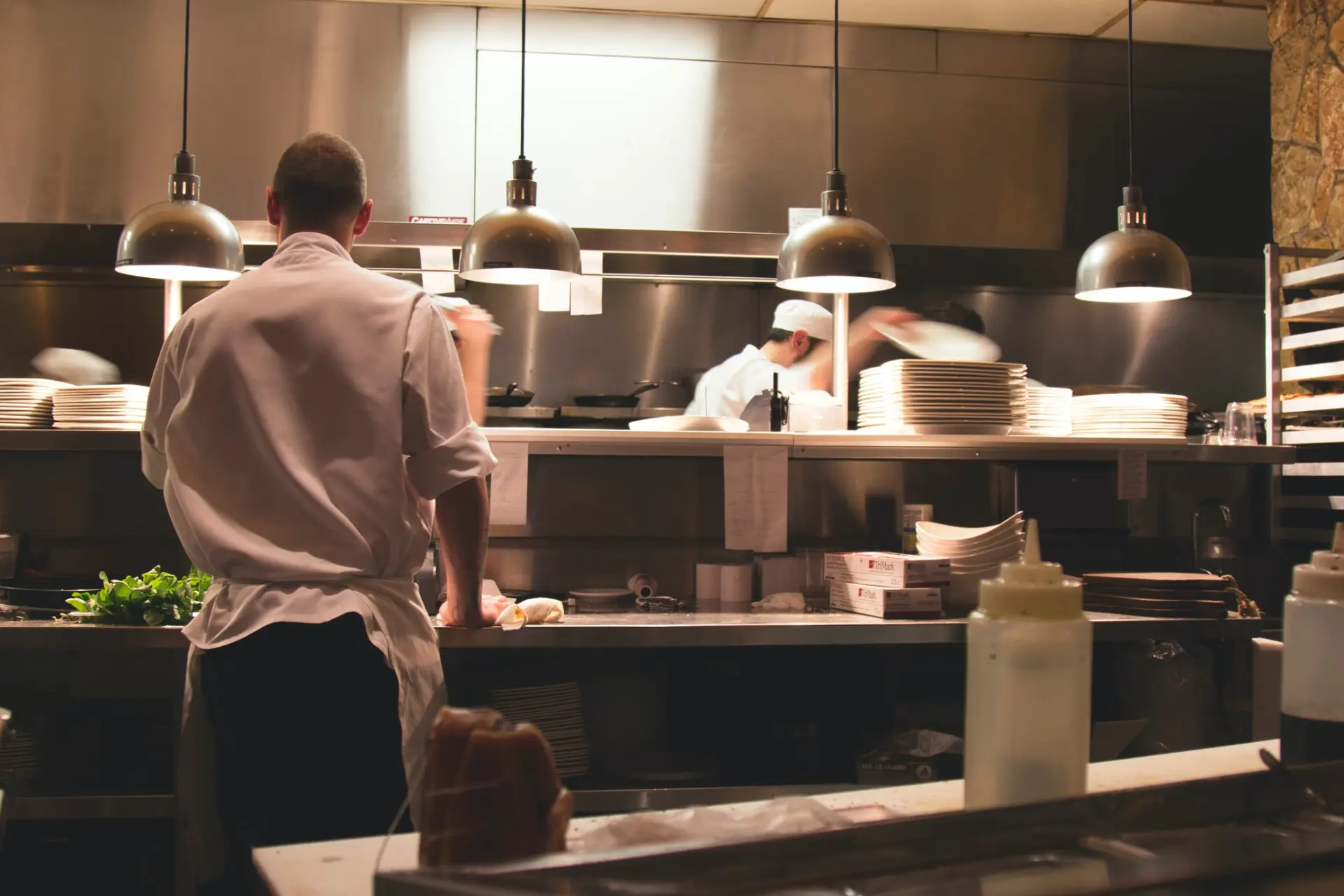
Opening and running a successful restaurant requires more than just a passion for food and hospitality; it also demands careful financial planning and management. Whether you’re an aspiring restaurateur or a seasoned veteran in the industry, understanding the intricacies of restaurant financing is crucial for long-term success. In this comprehensive guide, we’ll delve into the key aspects of restaurant financing, providing insights and strategies to help you navigate the financial landscape and achieve your culinary dreams.
Creating a Solid Business Plan
Before seeking financing for your restaurant, it’s essential to develop a comprehensive business plan that outlines your concept, target market, menu, pricing strategy, and financial projections. A well-structured business plan not only serves as a roadmap for your restaurant’s success but also demonstrates your commitment and professionalism to potential investors or lenders.
Types of Restaurant Financing
There are several avenues to explore when it comes to securing financing for your restaurant:
- Personal Savings and Investments: Many restaurateurs start by funding their ventures through personal savings, family contributions, or personal loans.
- Traditional Bank Loans: Applying for a business loan from a bank is a common option. These loans often require collateral and a strong credit history.
- Small Business Administration (SBA) Loans: SBA loans offer competitive interest rates and longer repayment terms, making them a popular choice for restaurant financing. The 7A SBA loan is by far the most popular type of SBA loan for restaurants.
- Investors and Partnerships: Seeking out investors or forming partnerships can inject capital into your restaurant, but it also involves sharing ownership and profits.
- Crowdfunding: Online crowdfunding platforms allow you to raise funds from a large number of individuals who believe in your restaurant concept.
- Restaurant-Specific Lenders: Some financial institutions specialize in providing loans tailored to the restaurant industry’s unique needs.
No Matter what type of financing you obtain, you will want to obtain a Restaurant Equipment Appraisal report from a certified appraiser to support your collateral. Consult your lender to find out exactly what they will require.
Calculating Startup Costs
Estimating your restaurant’s startup costs is a critical step in securing adequate financing. Consider expenses such as leasehold improvements, kitchen equipment, furniture, licenses and permits, initial inventory, marketing, and staff training. A detailed budget will help you determine how much funding you need to get your restaurant off the ground.
Managing Working Capital
Even after your restaurant is up and running, you’ll need to manage working capital to cover day-to-day operational expenses. Cash flow projections and careful inventory management are essential to ensure your restaurant remains financially stable.
Understanding Financial Ratios
Restaurant owners should be familiar with key financial ratios that indicate the health of their business, such as the debt-to-equity ratio, current ratio, and gross profit margin. These ratios provide insights into your restaurant’s financial performance and can help you make informed decisions. Also understand your cost of goods sold and labor percentages in relation to revenue.
Contingency Planning
Unforeseen challenges are a reality in the restaurant industry. It’s crucial to have a contingency plan in place to address unexpected events that could impact your restaurant’s finances. Adequate insurance coverage and an emergency fund can provide a safety net during challenging times.
While the restaurant business is undeniably competitive and demanding, a solid understanding of restaurant financing can give you a significant advantage. By carefully planning your finances, exploring various funding options, and diligently managing your resources, you can pave the way for a successful and thriving restaurant that delights diners and secures your place in the culinary world. Remember, the key to a lasting restaurant is not just in the flavors you serve but also in the financial foundation on which you build your gastronomic masterpiece.

